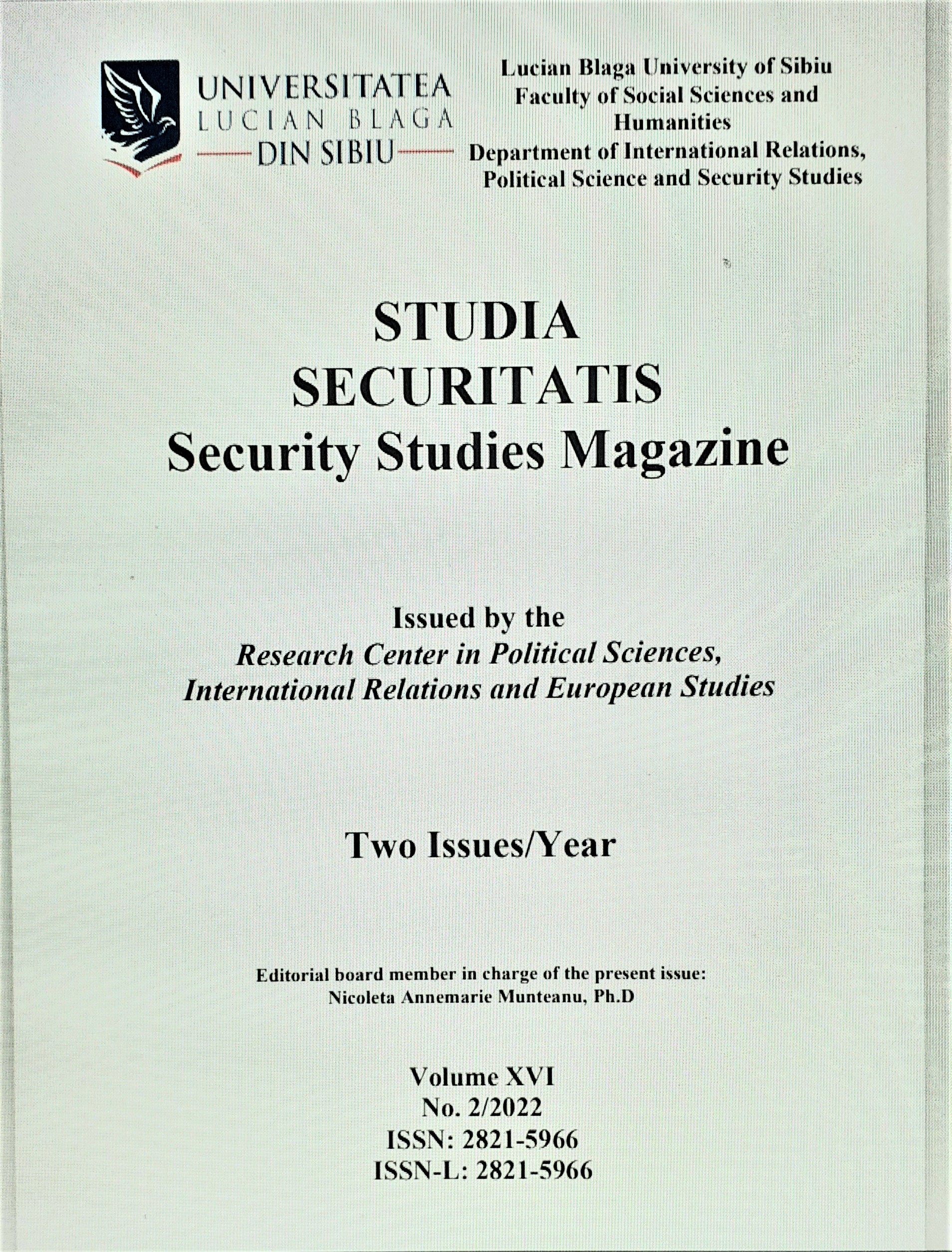LIMITATIONS ON THE FREEDOM OF THE PRESS IN THE FACE OF CORRUPTION SCANDALS AS INSTRUMENTS OF QUASI-MILITANT DEMOCRACY IN MALTA
LIMITATIONS ON THE FREEDOM OF THE PRESS IN THE FACE OF CORRUPTION SCANDALS AS INSTRUMENTS OF QUASI-MILITANT DEMOCRACY IN MALTA
Author(s): Maciej SkrzypekSubject(s): Media studies, Constitutional Law, Criminal Law, International Law, Human Rights and Humanitarian Law, Civil Society, Governance, Political history, Government/Political systems, Security and defense, Developing nations, Criminology, Studies in violence and power, Present Times (2010 - today), EU-Approach / EU-Accession / EU-Development, Penal Policy, EU-Legislation, Corruption - Transparency - Anti-Corruption
Published by: Editura Universitatii LUCIAN BLAGA din Sibiu
Keywords: Freedom of the press; media capture in Malta; militant democracy;
Summary/Abstract: In this paper analyses the problem of limiting the freedom of the press in Malta after published leaks about corruption in public administration. A turning point was murdering Daphne Caruana Galizia in 2017, which drew the international community's attention. The study verifies the following hypothesis: after disclosing corruption scandals, the ruling elite decided to use the means characteristic of quasi-militant democracy to limit the freedom of the press against journalists who reported that issue and recognized them as enemies of the state. This measure was used in practice, despite the legal framework that guarantees the protection of this freedom. The level of using quasi-militant democracy means to limit independent media did not decrease after Galicia’s murder, despite pressure made by international opinion. On the one hand, this phenomenon is the effect of solid foundations for legitimizing corruption in domestic policy. Therefore, public opinion did not seek to disclose abusing power by journalists. On the other hand, NGOs' failed efforts to increase the protection of the freedom of the press result from a lack of efficient measures to improve media freedom. Therefore, ruling elites only declared changes to calm down international opinion but, in practice, adopted other, more personal, non-direct restrictions on independent media. I decided to use quasi-militant democracy as a theoretical category to explore the motivations and consequences of limiting the freedom of the press. The paper’s conclusions will be useful in analyzing restrictions against independent media in the name of protecting democratic regimes in semi-consolidated democracy and explaining the reasons behind this phenomenon.
Journal: Studia Securitatis
- Issue Year: XVI/2022
- Issue No: 2
- Page Range: 192-216
- Page Count: 25
- Language: English
- Content File-PDF

